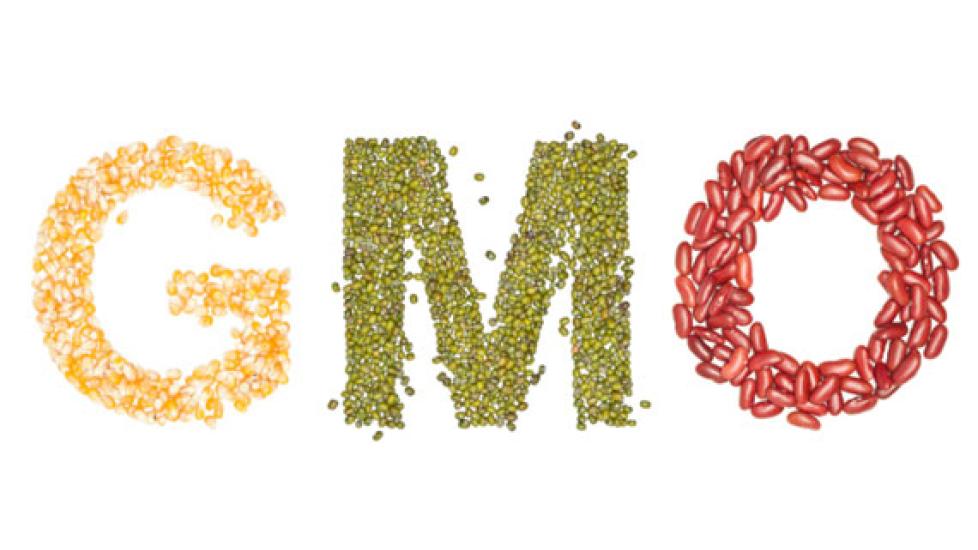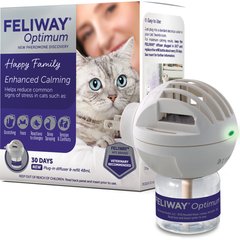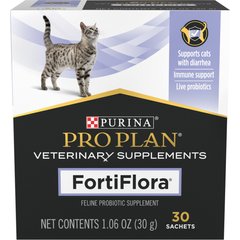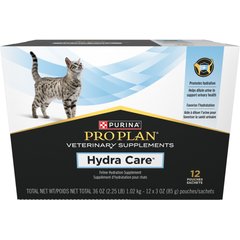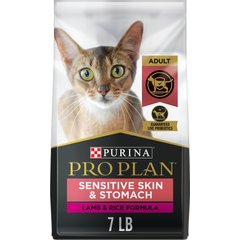Is GMO-Free Pet Food Safer than Regular Pet Food?
Genetically modified organisms, or GMOs, are becoming an ever increasing part of our human and pet food supply. What does that mean for your pet?
What is a GMO?
According to the World Health Organization (WHO), GMOs are "…organisms whose genetic material (DNA) has been modified in a way that does not occur naturally; e.g., through the introduction of a gene from a different organism."
Vet Recommended Health Support
- Feliway Optimum Enhanced Calming 30 Day Diffuser for Cats$29.99Chewy Price
- Purina Pro Plan Veterinary Diets FortiFlora Powder Probiotic Digestive Supplement for Cats, 30 count$30.99Chewy Price
- Purina Pro Plan Veterinary Diets Hydra Care Liver Flavored Liquid Supplement for Cats, 3-oz pouch, case of 12$14.99Chewy Price
- Purina Pro Plan Adult Sensitive Skin & Stomach Lamb & Rice Formula Dry Cat Food, 7-lb bag$28.08Chewy Price
What is the FDA's Position on GMOs?
According to its website, the "FDA [Food and Drug Administration] supports voluntary labeling for food derived from genetic engineering…." but does not currently require such labeling. Nevertheless, "foods derived from genetically engineered plants must meet the same requirements, including safety requirements, as other foods, such as foods derived from traditionally bred plants."
Why are Some Pet Food Ingredients Genetically Modified?
According to the FDA, genetic engineering is used by scientists to introduce new traits or characteristics to an organism. "For example, plants may be genetically engineered to produce characteristics to enhance the growth or nutritional profile of food crops."
5 Common Myths about GMOs
1. GMOs are so new that we know nothing about them. According to the FDA, "Food and food ingredients from genetically engineered plants were introduced into our food supply in the 1990s."
2. Food with GMOs are unregulated.
According to its website, the "FDA regulates the safety of foods and food products from plant sources including food from genetically engineered plants."
3. Foods with GMOs are unsafe.
According to the FDA, "Foods from genetically engineered plants must meet the same requirements, including safety requirements, as foods from traditionally bred plants." In fact the FDA "…has a consultation process that encourages developers of genetically engineered plants to consult with FDA before marketing their products. This process helps developers determine the necessary steps to ensure their food products are safe and lawful."
4. Foods with GMOs are less nutritious.
According to FDA evaluations, "foods from genetically engineered plants…are generally as nutritious as foods from comparable traditionally bred plants."
5. Foods with GMOs are more likely to cause an allergic reaction or be toxic. According to the FDA evaluations, foods from genetically engineered plants "…have not been more likely to cause an allergic or toxic reaction than foods from traditionally bred plants."
